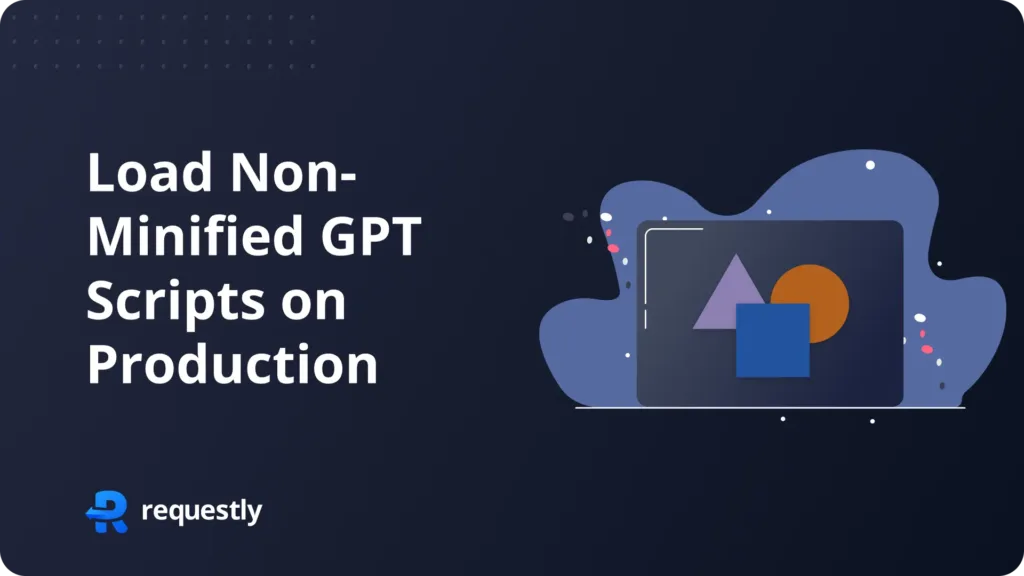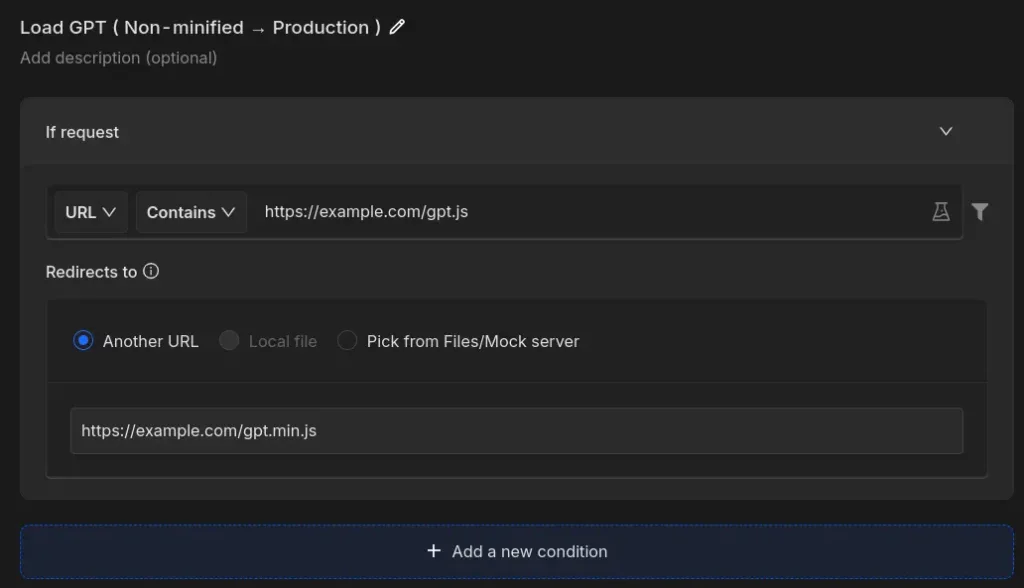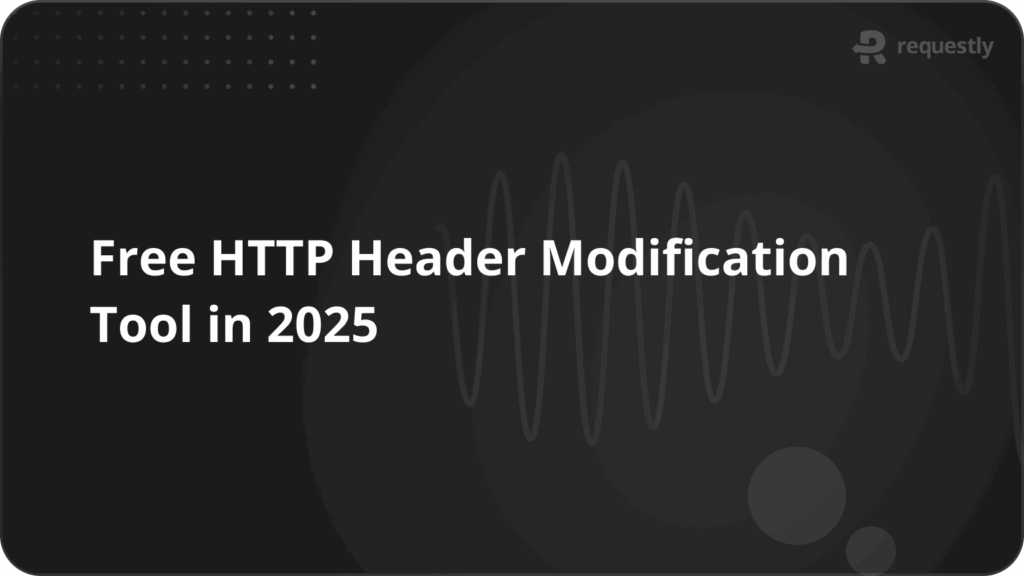Conclusion
Using Requestly to load non-minified GPT scripts on production is a great way to gain insights into your ad code and troubleshoot issues more effectively. This approach allows you to work with readable, debuggable code in a live environment, making it easier to identify and resolve problems.
Explore More:





















